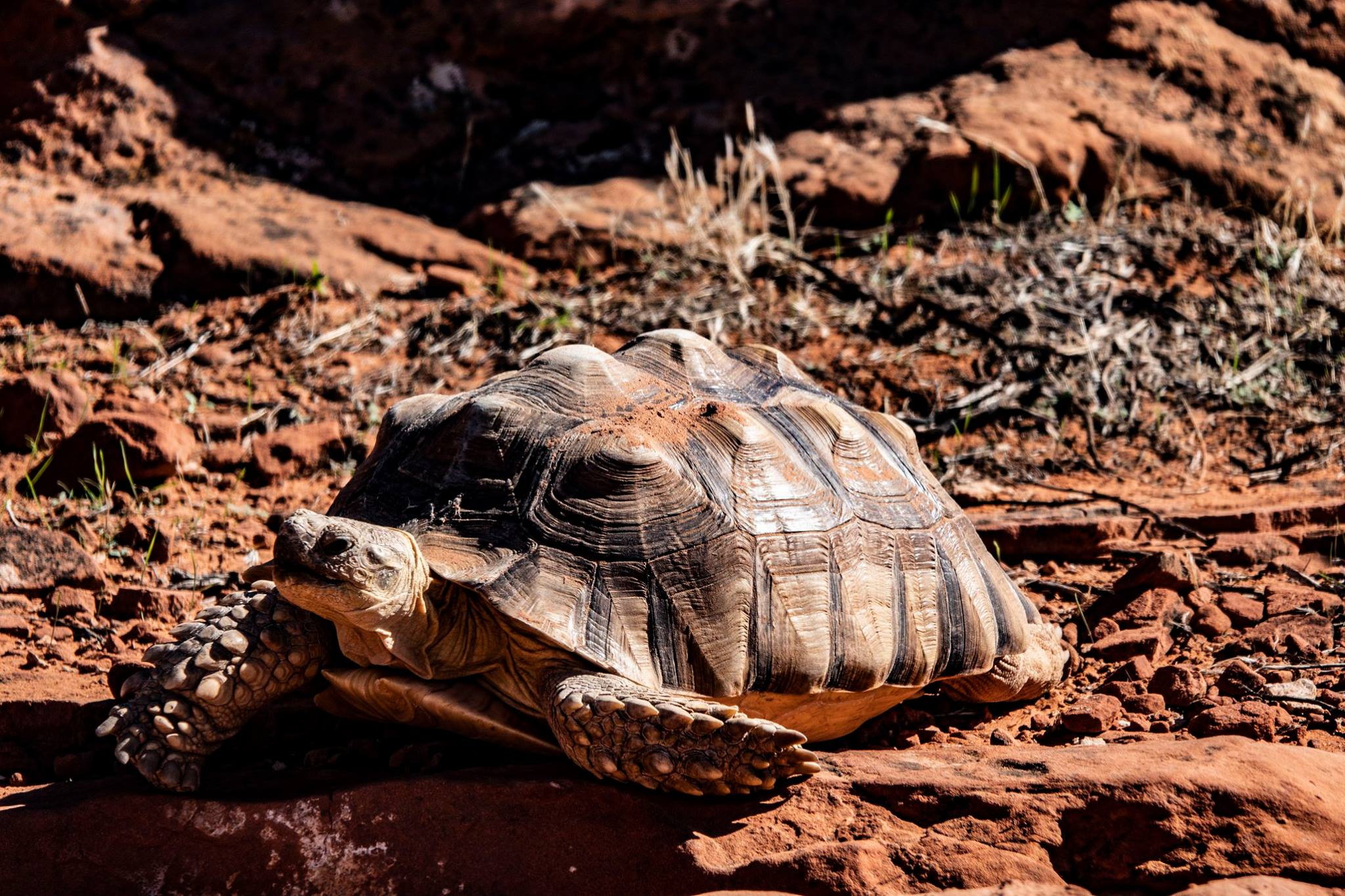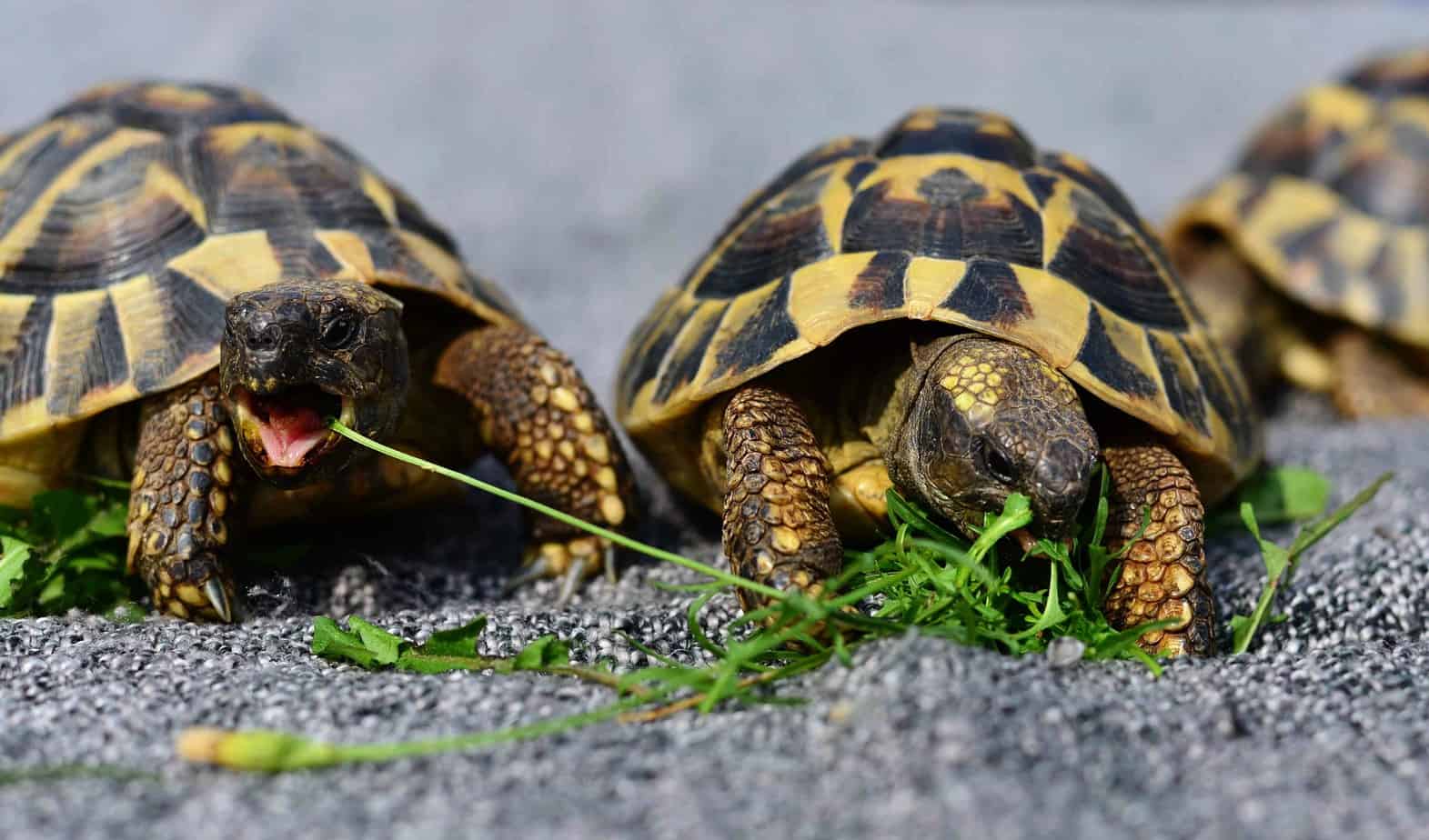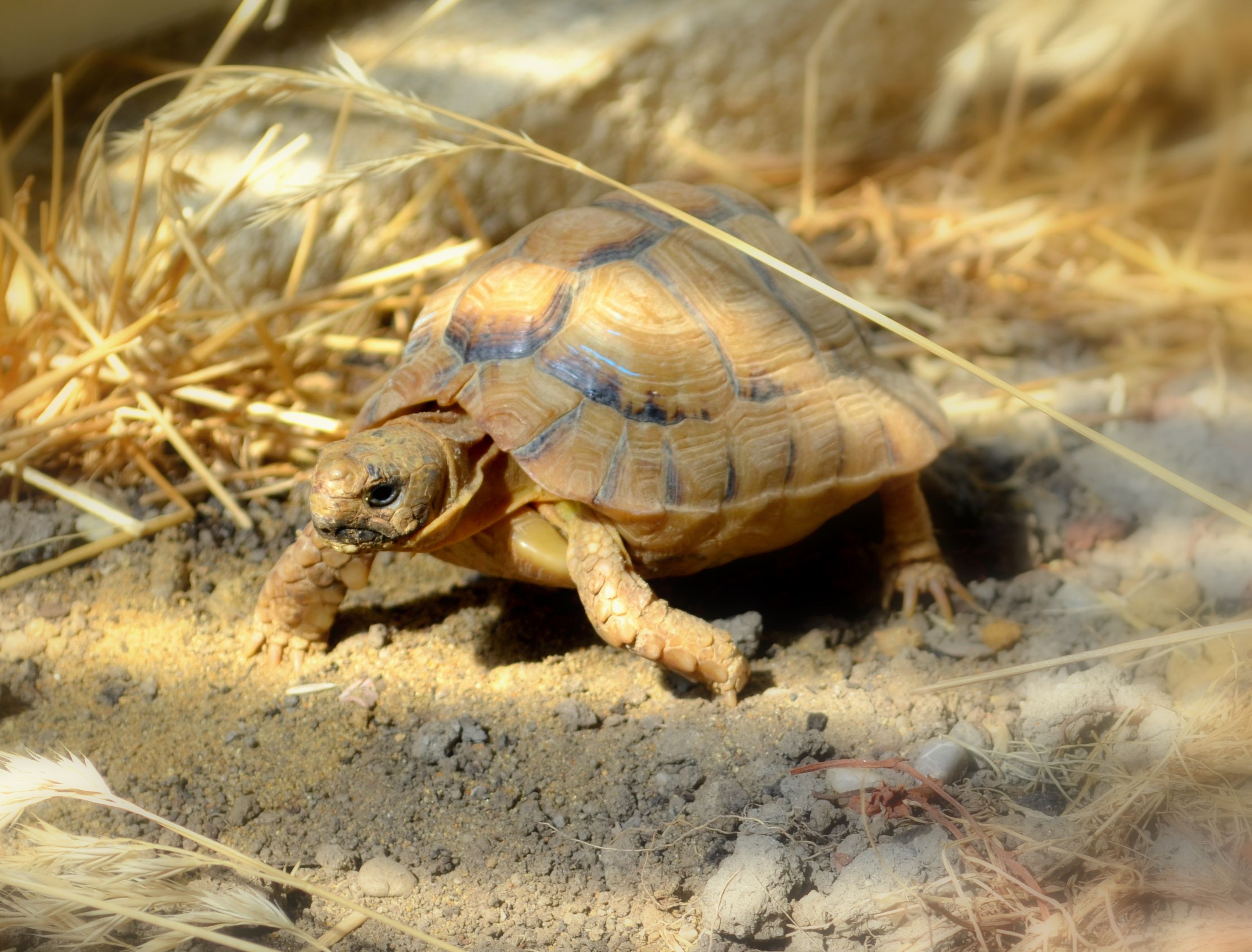
Interesting Turtle Facts (Information About Turtle Shells & More)
Just looking at them makes it fairly obvious that there should be some interesting Turtle Facts. When turtles first appeared, a couple of hundred million years ago, they looked pretty much the same as they do today.
A Few Of The More Interesting Turtle Facts
One of the major differences is that back then turtles had teeth. Somewhere along the way, they discovered they didn’t need them, and turtles no longer have teeth today. As a species, the turtle appears to have gotten things right from at the beginning, and have had little need to change.

Even though some species of turtles are endangered, particularly the sea turtles, and other species are protected, again mainly the sea turtles, they live in most places in the world except the Arctic regions.
Like the snail, the turtle carries its “house” with it where ever it goes. Unlike the hermit crab or some other animals, the turtle cannot move out of its house nor does it ever shed it to grow a larger one. House and turtle go and grow together.
Among the more curious turtle facts is while they are found throughout the world, only two species of turtles and three species of tortoises are found in Europe, while the New World and the United States, in particular, has numerous species, ranging from the tiny Bog turtle, which at the very most is not quite as large as an average person’s hand, to the Leathery turtle which weighs in at around 3/4 of a ton.

Facts About Turtle Shells
The turtle facts of shell says quite a bit about the animal. For one thing, the health of the turtle closely ties in with the health of its shell, Since the primary component of most species of a turtle’s shell is bone, up to 60 of them in fact, the turtle’s diet must contain nutrients that allow for bone health as well as bone growth.
A misshapen shell is usually a sign of a turtle in poor health or one that soon will be. This situation often occurs when a turtle is taken into captivity, and not fed a correct diet. There are several species of turtles who do not have bony shells but have soft and somewhat flexible shells.
The shape of the shell also can tell one whether the turtle is a sea turtle, a flatter shell for aerodynamic reasons, or a high dome, offering the land turtle protection against the jaws of predators. On most turtles the shell doesn’t consist simply of bony plates but is covered with leathery skin, giving it even greater strength.
Make Noise While Mating, The Wait A Few Years – When sifting through various Turtles Facts one might be surprised to find that some make sounds, though all species do not, and most have no reason to. Some turtles will hiss, however, and some species make noises while mating.
For the most part, however, they keep their silence. When they do mate, the female will lay a cluster of several eggs, but there are more than one species of turtle in which the female turtle waits from one to four years after mating before laying her eggs. Once the eggs are laid, always on land, even in the case of sea turtles, the temperature at which they incubate determines the sex of the hatchling.
Facts About Run, Swim, Drown, And Climb
There are hundreds of interesting Turtle Facts, Slow to move? Some are, but one species can outrun a human. Many turtles are excellent swimmers; the sea turtle facts naturally fits into this category. Other species cannot swim will simply drown if you place them in the water where they cannot quickly get out. Tortoises, for example, are not swimmers. While many land turtles cannot swim, some species are excellent climbers, something we usually don’t expect of a turtle.
And just in case you were wondering, a group of turtles is not a herd, nor is it a swarm, or even a company of turtles, but a bale of turtles.
